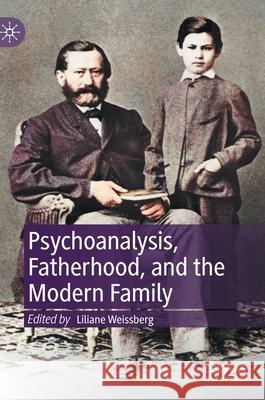Psychoanalysis, Fatherhood, and the Modern Family » książka
topmenu
Psychoanalysis, Fatherhood, and the Modern Family
ISBN-13: 9783030821234 / Angielski / Twarda / 2021 / 239 str.
Psychoanalysis, Fatherhood, and the Modern Family
ISBN-13: 9783030821234 / Angielski / Twarda / 2021 / 239 str.
cena 644,07
(netto: 613,40 VAT: 5%)
Najniższa cena z 30 dni: 616,85
(netto: 613,40 VAT: 5%)
Najniższa cena z 30 dni: 616,85
Termin realizacji zamówienia:
ok. 22 dni roboczych.
ok. 22 dni roboczych.
Darmowa dostawa!
Kategorie:
Kategorie BISAC:
Wydawca:
Palgrave MacMillan
Język:
Angielski
ISBN-13:
9783030821234
Rok wydania:
2021
Wydanie:
2022
Ilość stron:
239
Waga:
0.54 kg
Wymiary:
21.01 x 14.81 x 2.06
Oprawa:
Twarda
Wolumenów:
01
Dodatkowe informacje:
Wydanie ilustrowane











